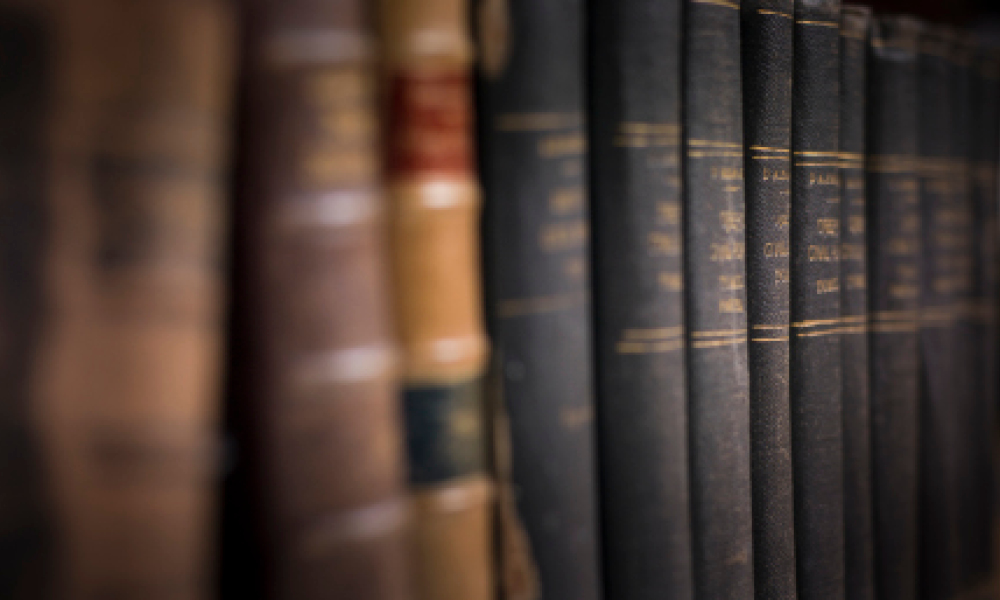“Now come the days of the King, and may they be blessed while the thrones of the Valar endure!”
– Gandalf the White
On 6 May, King Charles III held his coronation, with all the expected pomp and ceremony.
Whatever one thinks of the monarchy and the republican question, it was at the very least a nice excuse for a party (unless you were one of the sour souls on the ABC commentary team).
The coronation of Charles, third of that name, does shine a light on the first King Charles, and some ancient but important legal history. The second English Civil War ended in 1648, with the defeat of the forces of King Charles I at the hands of Oliver Cromwell’s Puritan army. The victors wasted no time in laying before Parliament a demand that the King be brought to trial.
Charles was duly tried, found guilty and eventually executed on 30 January 1649. While kings had been executed before, Charles’ trial and death were unique in that he was bought to trial under his title as King, while technically still being the ruler of England (and supposedly anointed by God in that role).
Charles’ trial was considered by many to be illegal, and the House of Lords rejected the charge. The Chief Justices of England’s common law courts opposed the indictment, and while 135 commissioners were appointed to hear the trial, almost half of them stayed away and refused to participate. Lord Fairfax, chief among the commissioners at their first meeting, did not attend subsequent meetings and withdrew from the court; indeed, he considered protesting the execution of the King but feared it would lead to another civil war.
The trial was driven largely by the leaders of the victorious Puritan army, led by Oliver Cromwell. While at one point a treaty with the King appeared possible, this did not sit well with the army, nor with Cromwell. Cromwell regarded the defeat of the Royalist forces as a sign that God had rejected the King.1
The task of prosecuting the King fell to four lawyers – John Cook, John Aske, Anthony Steele and Isaac Dorislaus. Not all were enthusiastic participants; indeed, John Aske was silent throughout the trial, and little is known of him. Attorney General Anthony Steele quickly (and perhaps wisely) pleaded illness and took no further part in the trial. Dorislaus brought genuine technical expertise to the endeavour, although he would come to regret it, being savagely murdered in The Hague by Royalist soldiers despite the fact that he was not particularly active during the trial.
The main task of prosecuting the King fell to John Cook, then the Solicitor-General of England. Cook is known in legal circles for such innovations as helping to establish the right to silence, the cab-rank rule and – somewhat ironically – restricting the use of the death penalty. He is most famous, however, for his zealotry in his prosecution of the then king, in which he was much influenced by the ascendant politicians of the day, and most especially by Cromwell.
Cook was no victim of the cab-rank rule when it came to his task, although some hagiographic version of events have suggested this; he was an enthusiastic and vindictive advocate against the King, and his personal feelings come though in his own writings on the case. Cook’s justification of his actions, King Charles, his Case or an Appeal to all Rational Men concerning his Tryall,2 contained this assessment of the King and all who defended him: “Blessed god, what ugly sins lodge in their bosoms, that would have this man to live!”
The execution of King Charles I.
Indeed, it is as a cautionary tale that Cook has most value to lawyers today. Cook’s enthusiasm for his cause, and belief in the evil nature of the King, clouded his judgment. He was so busy planning his attack on “Charles Stuart whom god in his wrath gave to be a King to his nation”3 that he does not appear to have made any effort to exercise his own forensic judgments on the case, nor independently assess his instructions. Given that those instructions came from the government of the day, this was an egregious failure.
Certainly others involved did; many of the commissioners appointed to try the king stayed away from the trial altogether, including most of the actual lawyers. In addition, prominent soldiers who had fought well in the civil war on the side of Cromwell’s Puritans, such as Philip Skippon, Sir William Brereton and Algernon Sidney, all withdrew as commissioners, on the basis that they considered the trial of the King illegal.
In any event, Cook’s prosecution of the King was successful, and Cook duly secured the guilt – and death – of the King, but his actions can also be seen as a failure of independence. No doubt great political pressure was on him to run the case – and he indeed wanted to see the King executed – but it is probable that in truth the laws of the day did not support the trial. Cook failed to bring an independent mind to the case, to the detriment of the King (and to himself, as he was executed when the monarchy was restored).
Although the consequences of failure are these days far less brutal, the importance of the duty of independence remains vital to the smooth functioning of the justice system, and solicitors must remain vigilant. As an insatiable media bring ever more matters to the attention of the general public, and run them through the court of public opinion, remaining independent has become an even greater challenge for advocates.
When court matters become media clickbait, or political causes du jour, the need for the lawyers involved to be scrupulously independent becomes acute. John Cook – progressive lawyer, passionate advocate for the poor, and early proponent of probation – is known mostly these days for ensuring the execution of Charles I, in almost certainly illegal circumstances; had he observed the duty of independence his legacy would be more admirable. That is a lesson all officers of the court should take to heart.
Shane Budden is a Special Counsel, Ethics, with the Queensland Law Society Ethics and Practice Centre. He gratefully acknowledges CV Wedgewood’s The Trial of Charles the First (1964) in the preparation of this article. Opinions expressed in this article are those of the author.
Footnotes
1 Abbott, Writing and Speeches of Oliver Cromwell, Harvard, 1939 pp676-8.
2 London, February 1649.
3 Ibid.















Share this article